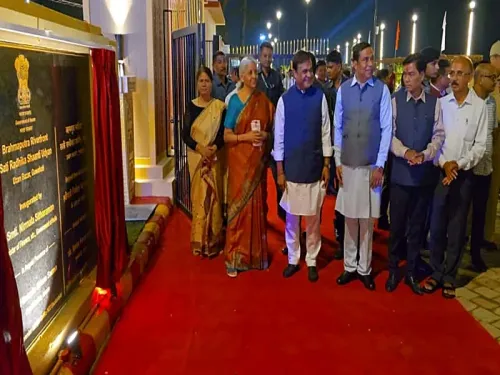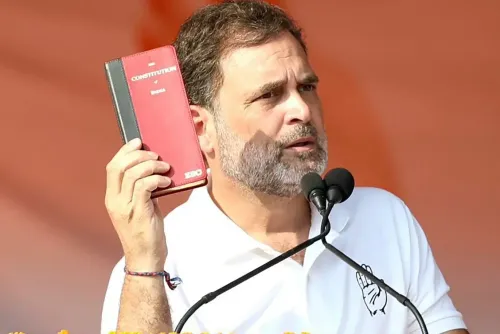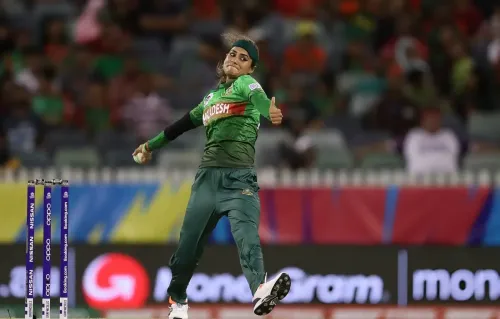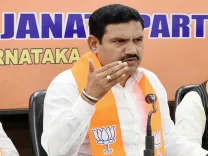If the US Can Extradite Rana, Why Can't Pakistan Deliver Masood Azhar and Hafiz Saeed?
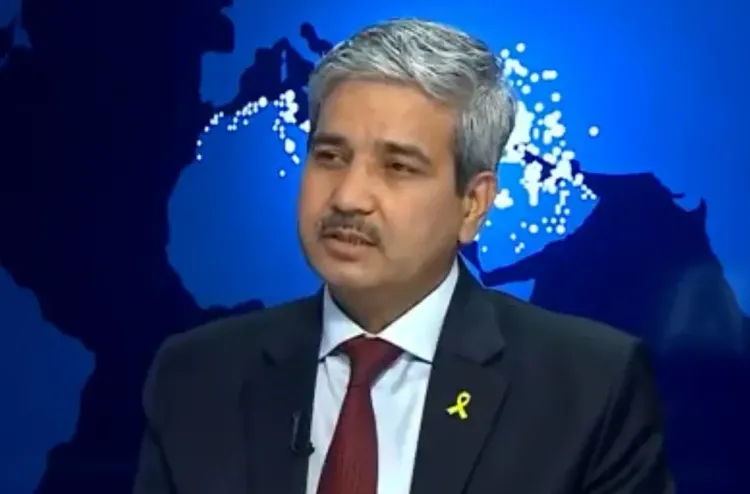
Synopsis
Key Takeaways
- Pakistan needs to take responsibility for terrorism.
- India's stance on counter-terrorism is firm.
- Operation Sindoor reflects India's proactive military strategy.
- The Indus Waters Treaty is under scrutiny amidst rising tensions.
- Diplomatic channels remain critical for peace.
Tel Aviv, May 19 (NationPress) India's Ambassador to Israel, J P Singh, emphasized that Pakistan has long engaged in cross-border terrorism against India without facing consequences. He stated that it is crucial for Islamabad to hand over the leaders of the Pakistan-based extremist groups, Lashkar-e-Taiba (LeT) and Jaish-e-Mohammed (JeM), to India.
In an interview with i24NEWS, Singh pointed out that these organizations have orchestrated numerous attacks on Indian soil, including the infamous 2001 Parliament assault, the devastating 2008 Mumbai attacks, the Uri base camp and Pathankot air base assaults in 2016, the 2019 Pulwama attack, and the recent April 22 Pahalgam attack in Jammu and Kashmir.
Singh remarked, “The root cause is these two groups — Jaish-e-Muhammad with its leader Masood Azhar, and Lashkar-e-Taiba with Hafiz Saeed. Pakistan must take a straightforward step: for the sake of goodwill and friendship, they need to hand over these terrorists to us.”
He questioned, “When the US can extradite Tahawwur Rana, an accused in the 26/11 Mumbai terror attacks, why can’t Pakistan surrender Hafiz Saeed and Lakhvi, who are among India’s most wanted and UN-designated terrorists?”
The experienced Indian diplomat also affirmed that Operation Sindoor, initiated by the Indian Armed Forces on May 7 in response to the Pahalgam attack, is currently paused but not concluded, reaffirming that the struggle against terrorism will persist.
Singh noted, “The Indus Waters Treaty (IWT) has been suspended. However, India's efforts against terrorism will remain steadfast.”
In response to inquiries regarding the IWT's suspension following the Pahalgam attack, Singh explained that the treaty was established in a spirit of goodwill. “Over many years, while we allowed water to flow, Pakistan allowed terrorism to cross into India. There was growing frustration among our people that this could not continue. After this attack, our Prime Minister declared that blood and water cannot flow together, leading to our decision to suspend the IWT,” Singh elaborated.
Regarding Operation Sindoor, Singh revealed that Indian forces dismantled numerous terror launch pads and eliminated over 100 terrorists.
He highlighted that it was only following India's retaliatory actions that Pakistan reached out, resulting in a ceasefire agreement on May 10.
Singh concluded, “We have established a new normal: we will adopt an offensive strategy. We must eliminate terrorists wherever they are and dismantle their infrastructure... As of now, the ceasefire remains in place.”

